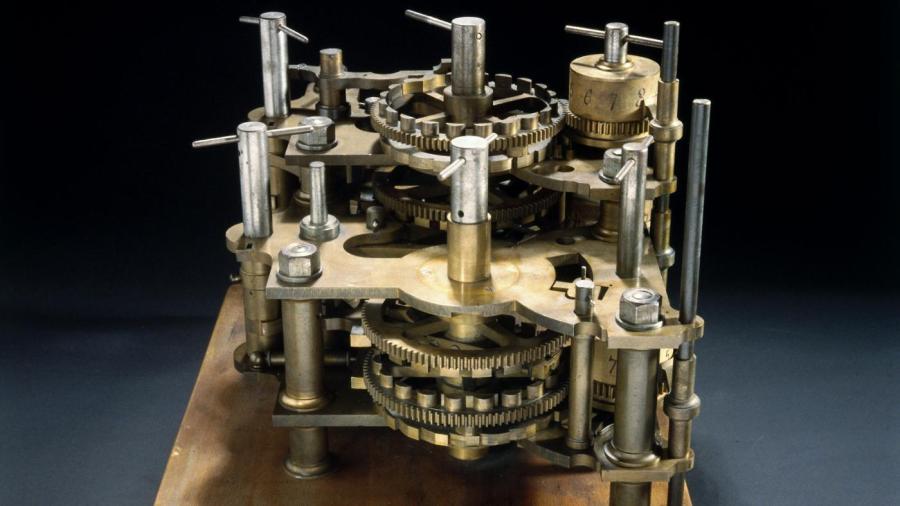Why Did Charles Babbage Invent the Computer?

Charles Babbage invented the first general-purpose computer in an effort to prevent the mathematical errors that were prevalent in the human-calculated mathematics of his time. Babbage had an obsession with mathematical precision, explains the Charles Babbage website.
Babbage was born into a very wealthy family. His father was able to send Charles to only the elitist schools of his time. Babbage was accepted into Trinity University, Cambridge in 1810. Uninspired by its mathematics program, he formed a club called The Analytical Society with a few colleagues. In spite of being the best mathematician of his class, Babbage failed to graduate. The Charles Babbage website notes that he was later granted an honorary degree.
Charles’ first attempted invention was the difference machine. He presented this to the Royal Astronomical Society in 1822. This machine was able to calculate polynomials using a numerical method known as the difference method. The Society granted Charles the funds to build the machine, but it was never finished. In 1849, Babbage completed a design for a second difference machine. He never made any attempts to construct this machine. However, the design was so ingenious that Babbage is considered to be the father of modern computers, states the Charles Babbage website.





